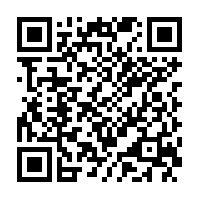Mei Yi-chi and the Four Illustrious Tsinghua Teachers
The Four Luminaries of Chinese Studies
The Institute of Chinese Studies was established in 1925, and was one of the three divisions of Tsinghua College, along with the University Division and the Preparatory Department for Studying in the United States. The Institute adopted a modern approach to traditional Chinese scholarship, thereby forging a new paradigm for sinology and started a new era in the history of modern Chinese education. The Institute's first four teachers were the eminent scholars Liang Qichao, Wang Guowei, Chen Yinke, and Chao Yuanren, reverently known as the “Four Luminaries of Chinese Studies.”
Mei Yi-chi and the Four Illustrious Tsinghua Teachers
|
|
|
||||||
1. Mei Yi-chi | 1889-1962
Over the course of his 53 years at Tsinghua, Mei Yi-chi served as its president for over 30 years, during which time he provided effective leadership in difficult circumstances, inaugurated a golden era of academics and research, and reestablished NTHU in Taiwan. A staunch advocate of liberal education, Mei became known for such statements as “The greatness of a university is not measured by the size of its buildings, but rather by the quality of its faculty” and “Actions speak louder than words.”
2. Liang Qichao | 1873-1929
Liang Qichao was one of the most important thinkers in modern China. His quotations from The Book of Changes for inspiring nobility of character amongst the student body were later refashioned into the school motto, “Self-discipline and social commitment.”
3. Wang Guowei | 1877-1927
As a pioneering figure in the movement to modernize education in China, Wang Guowei made outstanding contributions in the fields of literature, aesthetics, history, philosophy, epigraphy, archaeology, and oracle bone inscriptions. Proficient in English, German, and Japanese, in his research on the traditional opera of the Song and Yuan dynasties Wang initiated a new approach employing the viewpoints and methods of Western philosophy, aesthetics, and literary criticism.
4. Chen Yinke | 1890-1969
A historian specializing in Chinese classical literature, Chen Yinke knew more than 20 languages, and was widely recognized as one of the most eminent academics of the 20th century. He formulated a research methodology using history and poetry to interpret one another, and insisted on freedom of thought in academic research.
5. Chao Yuenren | 1892-1982
Internationally regarded as the “father of Chinese linguistics,” Chao Yuenren was proficient in 33 Chinese dialects and many foreign languages; he was also an accomplished poet, musician, and composer. His linguistic research integrated both Chinese and Western approaches, and covered such areas as phonology, morphology, grammar, pragmatics, and dialectics.



